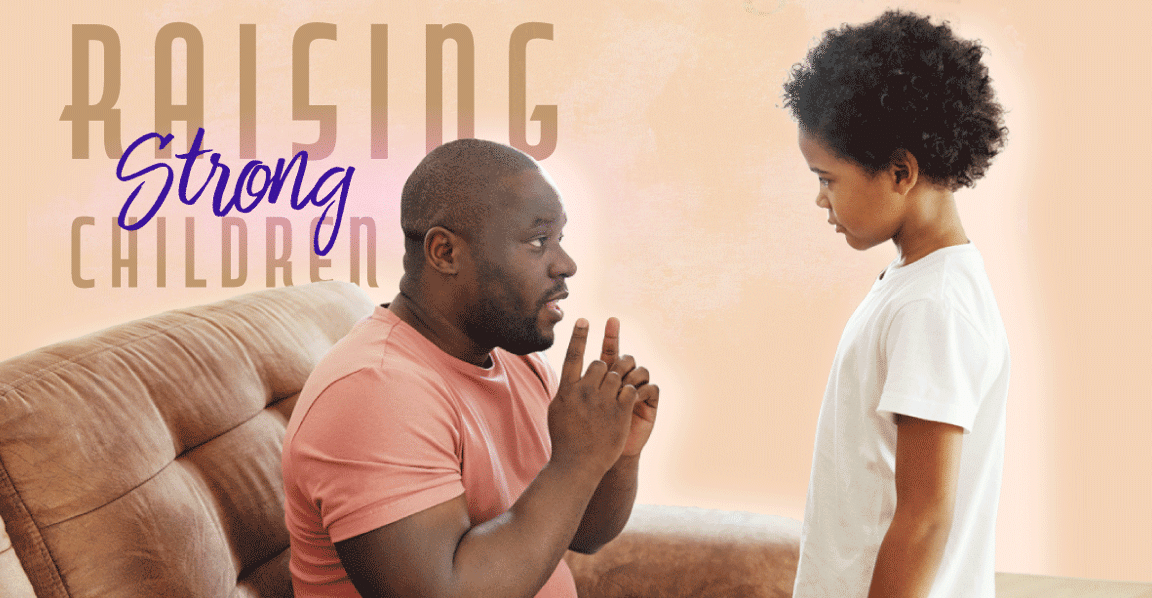 Photo from. Best Kid Stuff
Photo from. Best Kid Stuff
Last year in the United States one in five students reported being bullied. Kids miss school because of bullying, but even when they are in school, they are not achieving optimal learning conditions. But the most serious consequence of bullying is that many children attempt suicide because of it – bullied kids are 2.6 times more likely to attempt suicide than the general population. Bullying is a serious situation with serious real-world ramifications.
How can we raise children not only to stand up to bullies but also to be allies for those who face bullying?
The chances of bullying increase based on factors such as race, gender, and sexual orientation. As many as six in ten LGBTQ students feel unsafe at school, while Black, Latinx, and students of other races other than Caucasian remote higher instances of bullying. Special needs students also report high rates of bullying.
Students who are bullied can have difficulty sleeping, higher rates of depression, and other serious health consequences. In the long run, poor academic performance can lead to a lifetime of struggles.
Speaking out against bullying has become increasingly difficult in recent years. Our brains are already wired to avoid conflict, to run away from danger, and to fear the consequences of our own actions, and this leads to an environment where bullies feel empowered to get away with their bad behavior. Speaking out can be difficult under the best circumstances, but these days the internet makes it easier to shame or harass a victim for speaking out against a bully or other aggressor.
That’s why it’s so important to teach kids to be assertive. Speaking up for yourself shouldn’t be considered a bad thing, but often children are punished for it. We teach kids they have no voice, to speak only when spoken to, to hug family members they don’t want to hug, and that they don’t have a choice in their daily lives.
These lessons hurt children in the long run, long after they have become adults. Teaching kids now that they don’t owe anyone their bodies and can hug if they feel like it or that they have a say in their lives is a really powerful thing that translates to stronger, more resilient adults. Teach kids to stay calm, speak firmly, make eye contact, and treat others as equals.
Egalitarianism goes a long way toward creating a more just society. When kids learn to stand up for themselves, they also learn to stand up for others who may need help. Raising kids to be allies who speak out against bullying and injustice is the best way to meet bullying head-on.
Teaching kids the following steps will create a better tomorrow for everyone:
-
- Coach kids on identifying their feelings. Naming feelings and understanding that it’s ok to feel different things in different situations is far better than teaching kids to ignore and bury feelings.
- Once kids understand how to identify their own feelings, coach them on thinking through what someone else might be feeling in a given situation. Empathy is a muscle you have to train.
- Help kids brainstorm solutions to problems such as how to feel better after losing a game or how to help a friend who is facing a difficult situation.
Teaching kids to stand up for themselves and for others reduces their reliance on parents and other adults telling them what to do. It gives kids the opportunity to solve their own problems, which can lead to better decision making in every situation, especially when facing a bully. Learn more about raising strong kids and preventing bullying from the infographic below.























 More news and opinions than at a Shabbat dinner, right in your inbox.
More news and opinions than at a Shabbat dinner, right in your inbox.